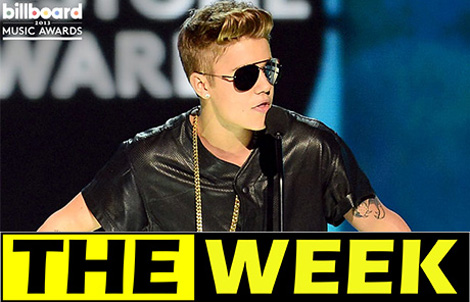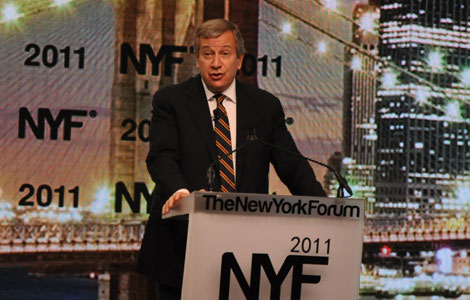FIVB Honorary Life President: Olympic Movement needs new vision
Updated: 2013-05-27 15:12
(Xinhua)
|
|||||||||||
BEIJING - Wei Jizhong, Honorary Life President of Federation International de Volleyball (FIVB), says the Olympic Movement needs a new push as the International Olympic Committee (IOC) is set to elect a new president in September.
Thomas Bach of Germany, Ng Ser Miang of Singapore, Richard Carrion of Puerto Rico and Wu Ching-Kuo of Chinese Taipei have confirmed in the running for the IOC president to replace Jacques Rogge, a Belgian orthopedic surgeon who will step down in September after 12 years. The election is set for September 10 in Buenos Aires, Argentina.
"The Olympic Movement is embracing a new era and the Olympic Movement needs new vision," Wei told Xinhua in an exclusive interview last week.
Wei said that the new IOC chief needs to address a number of issues faced by the Olympic Movement such as extravagant spending on the Olympic Games, manipulation of professional sport by non-sporting force, lack of governmental support for school sports, and irregular betting, corruption and violence in sport.
"I am confident that each candidate will work hard to tackle these challenges," he said.
Wei, also former secretary-general of the Chinese Olympic Committee, heaped praise on the 71-year-old Rogge.
"Rogge has made great contribution to the Olympic Movement," said Wei. "He not only carried on the good traditions left by his predecessor Juan Antonio Samaranch, but also brough on positive changes to the Olympic Movement."
Wei hailed the Youth Olympic Games, the brainchild of Rogge, a "pioneering undertaking", saying it has promoted Olympic ideals among the youth and students.
The past three Summer Games under Rogge's presidency all turned out a success, said Wei.
"Athens overcame a lot of difficulities to deliver the 2004 Olympics successfully, while the 2008 Beijing Games enhanced mutual understanding between China and the rest of the world, and London 2012 made the event more social and popular among the youth," he said.
"Rogge has also maintained a tough stance against political interference in sport, drug cheats, match-fixing, corruption and over-commericialization of the Olympics,etc.
"Meanwhile, he always attaches great significance to the moulding of younger sports leaders, especially the retired athletes and women."
Today's Top News
China tourists spend more
China's industrial profit up 9.3% in April
Li, Merkel vow to settle trade dispute
Charity denies fund embezzlement
Scrutiny urged to curb graft
China to enhance AU partnership
Radiation leak in Japan affects many
China, Germany vow to deepen cooperation
Hot Topics
Lunar probe , China growth forecasts, Emission rules get tougher, China seen through 'colored lens', International board,
Editor's Picks
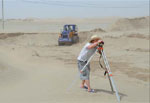
|

|
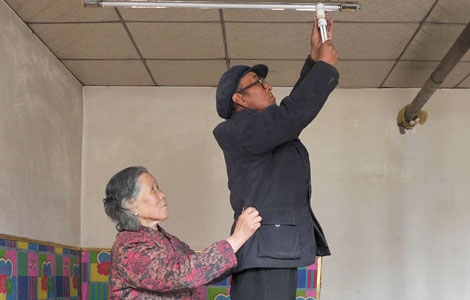
|

|
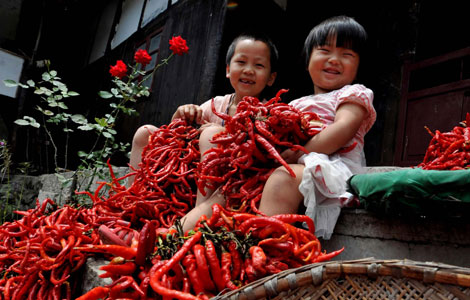
|
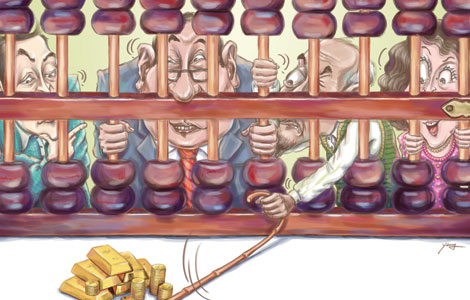
|
